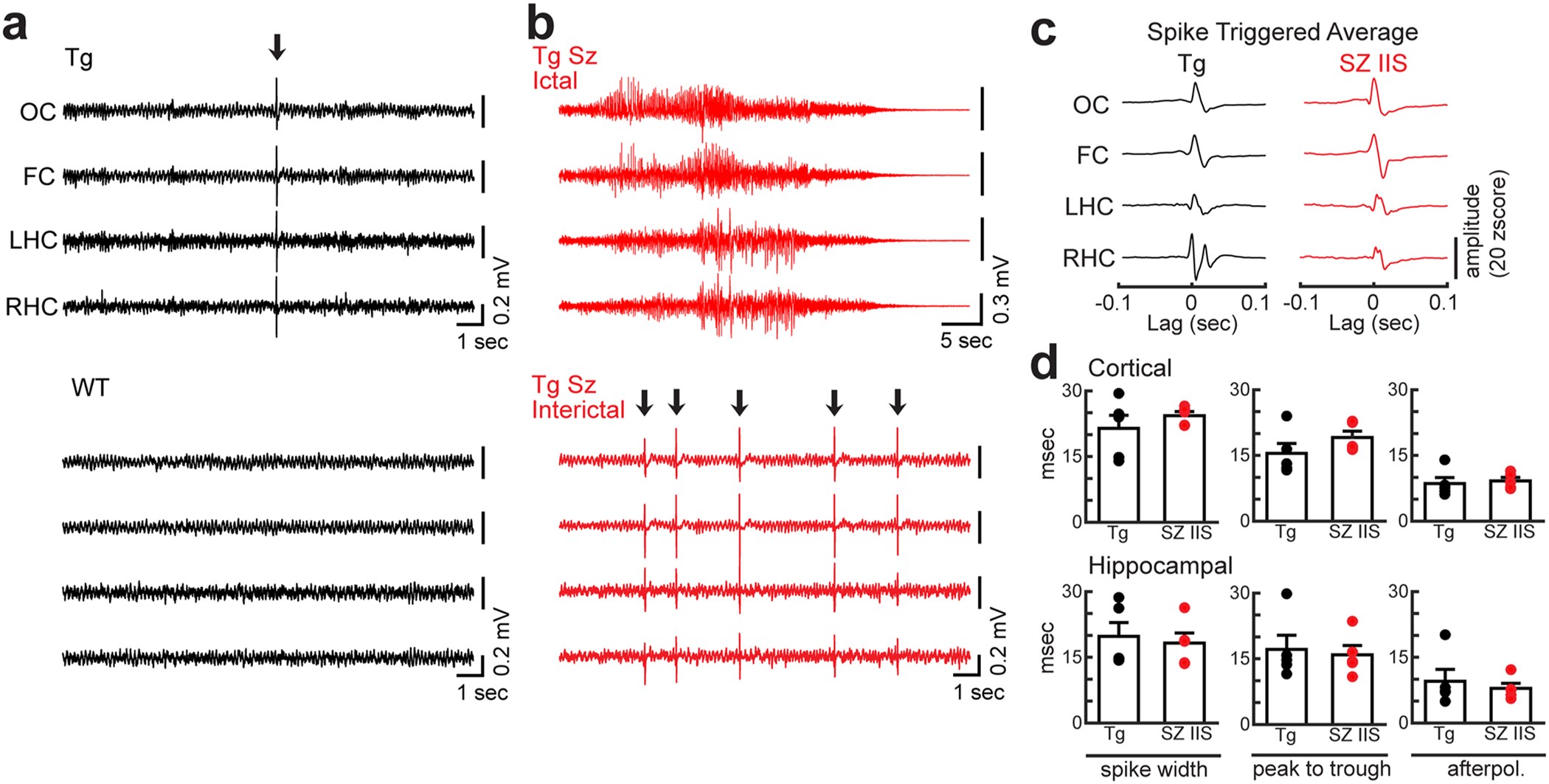
Quarter-Hour Sleep Variations Linked to Observable Modifications in Adolescent Brain Structure and Cognitive Abilities, Researchers Find
In a groundbreaking study that illuminates the significance of sleep for youth, an international group of researchers has found that even small differences of 15 minutes in adolescent sleep duration can correlate with notable alterations in brain structure and cognitive abilities. This collaborative research, conducted by the University of Cambridge and Fudan University, provides robust scientific support for the longstanding parental plea for earlier bedtimes—and raises new concerns regarding the widespread sleep deficiency among today’s youth.
The Connection Between Sleep and Cognition
Published in Cell Reports, the research utilizes advanced wearable technology to accurately track sleep habits in over 3,200 American adolescents. In contrast to earlier studies that depended on self-reported sleep metrics—which can often be unreliable—researchers outfitted participants with FitBits to observe their sleep patterns in real time. They then cross-examined this data with brain imaging scans and a series of cognitive assessments to investigate the relationships between sleep, brain structure, and cognitive functions including memory, attention, and academic performance.
The results are remarkable: adolescents who consistently managed to sleep just 15 minutes longer than their counterparts demonstrated significantly enhanced performance in areas such as vocabulary, reading comprehension, problem-solving, and sustained attention.
Three Unique Sleep Categories
The data indicated three distinct natural sleep categories among participants, with average nightly sleep durations of:
– 7 hours and 10 minutes
– 7 hours and 21 minutes
– 7 hours and 25 minutes
Despite the slight variation in sleep time—only a quarter of an hour—the top-performing category (7 hours 25 minutes) consistently excelled in cognitive assessments compared to the other groups. Additionally, this category displayed more favorable brain imaging results, potentially indicating enhanced brain health and development.
“While our study cannot definitively state whether better sleep leads to improved brain function and test performance, numerous studies support this notion,” remarks Dr. Qing Ma, the study’s lead author from Fudan University.
The Significance of Sleep Quality
Importantly, the benefits associated with the higher-performing category were not merely attributable to longer sleep duration. They also turned in earlier bedtimes, and their sleep was characterized by lower heart rates—a possible sign of superior sleep quality. Conversely, the group experiencing the least amount of sleep not only went to bed later but also exhibited higher heart rates during sleep and woke up earlier, suggesting potentially fragmented or less restorative rest.
Professor Barbara Sahakian from the University of Cambridge’s Department of Psychiatry, a co-author of the study, noted the larger implications. “Consistently obtaining a good night’s sleep is crucial for our proper functioning. However, while we understand a great deal about sleep in adulthood and later stages of life, our knowledge about sleep during adolescence is surprisingly limited, despite this being a critical period in our development.”
Long-Term Ramifications
A noteworthy aspect of the study is that the observed correlations between sleep duration, brain structure, and cognitive capabilities were not transient. Patterns noted at ages 11 or 12 continued to be predictive of cognitive outcomes two years later, indicating that these sleep-related differences could have enduring developmental effects.
This finding brings to light a vital public health issue: none of the adolescent groups in the study achieved the generally recommended 8-10 hours of sleep per night for teenagers. This suggests a prevalent sleep deficit that could negatively affect not only youth well-being but also their educational outcomes and emotional regulation.
The Digital and Biological Factors Affecting Sleep
While the study does not diagnose the underlying causes of these various sleep patterns, it raises critical questions. Dr. Wei Cheng, senior author from Fudan University, points to possible intervention strategies: “Given the significance of sleep, we must investigate why some children stay up later and sleep less than others. Is it due to video games or smartphones, for instance, or does it simply stem from their biological clocks not signaling that it’s time for bed until later?”
These inquiries suggest both behavioral (screen time, digital distractions) and biological (circadian rhythms during adolescence) elements that might be affecting bedtime routines.
Implications for Policy and Parenting
As adolescent sleep surfaces as a quantifiable and impactful contributor to brain development and academic performance, the implications of this study are extensive. Schools and policymakers are increasingly considering the postponement of school start times to better align with adolescent sleep needs. Meanwhile, parents may find scientific reinforcement for promoting earlier bedtimes and restricting digital device usage in the evening.
“There is now compelling evidence,” states Prof. Sahakian, “that even modest enhancements in sleep habits—merely 15 minutes more per night—can lead to significant benefits in brain and cognitive development.”
This research received funding from several major institutions, including the National Key R&D Program of China, the National Natural Science Foundation of China, and the National Institutes of Health through the Adolescent Brain Cognitive Development (ABCD) Study.
Key Takeaway
While 15 minutes